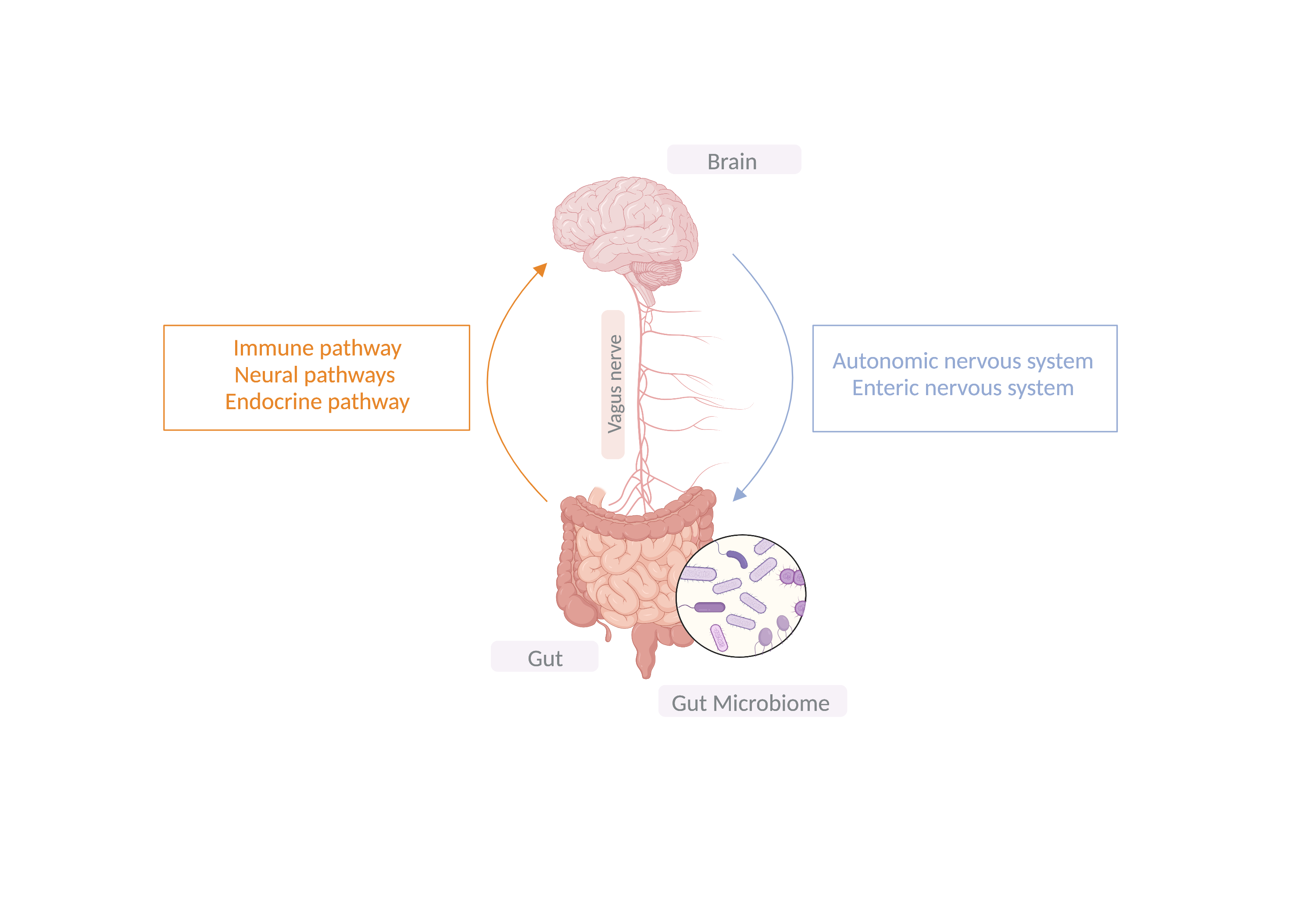Category: Parkinson's Disease: Pathophysiology
Objective: The main objective of our research is to decipher the association between the gut microbiota and Parkinson’s disease in an Egyptian cohort.
Background: Parkinson’s disease is a debilitating multi-systemic disorder affecting both the central and peripheral nervous systems. Accumulating evidence suggests a potential interaction between gut microbiota and the pathophysiology of the disease. As a result of the degradation of dopaminergic neurons, PD patients develop motor impairments such as tremors, rigidity, and slowness of movement. These motor features are preceded by gastrointestinal issues, including constipation. Given these gastrointestinal issues, the gut has emerged as a potential modulator of the neurodegenerative cascade of PD. This present cross-sectional pilot study was performed to compare the composition of the gastrointestinal microbiota in patients with PD to their counterparts in aims to identify disease-specific microbial markers that can later be used in clinical diagnostic settings to early predict the disease and slow down its progression.
Method: Stringent inclusion criteria were followed to reliably identify our target population. PD patients (n = 15) and control subjects (n = 10) were recruited from November 2021 to August 2022. Detailed demographic and clinical data were obtained at baseline using a set of questionnaires and clinical assessment tools. Fecal specimens were collected from all participants, and gut commensals were characterized using 16S rRNA gene amplicon sequencing. The endpoint was to discern the discrepancies in the composition of the gut microbiota in both groups.
Results: Our results demonstrated differences at the taxonomic level between PD individuals and controls. When compared to controls, patients with PD had higher levels of Akkermansia muciniphila and Faecalibaculum rodentium. On the contrary, a decreased abundance of Prevotella and Turicibacter in PD subjects was reported. This recent study recapitulates that microbial signatures are associated with mitochondrial dysfunction, intestinal inflammation, and gut hyper-permeability, which are all presumed to be hallmarks of PD.
Conclusion: This recent study recapitulates that microbial signatures are associated with mitochondrial dysfunction, intestinal inflammation, and gut hyper-permeability, which are all presumed to be hallmarks of PD.
To cite this abstract in AMA style:
S. Hashish, M. Hirose, A. Moustafa, A. Shalash, S. Ibrahim, M. Salama. Parkinson’s disease and human gut microbiota in an Egyptian population: a pilot study [abstract]. Mov Disord. 2023; 38 (suppl 1). https://www.mdsabstracts.org/abstract/parkinsons-disease-and-human-gut-microbiota-in-an-egyptian-population-a-pilot-study/. Accessed January 31, 2026.« Back to 2023 International Congress
MDS Abstracts - https://www.mdsabstracts.org/abstract/parkinsons-disease-and-human-gut-microbiota-in-an-egyptian-population-a-pilot-study/

